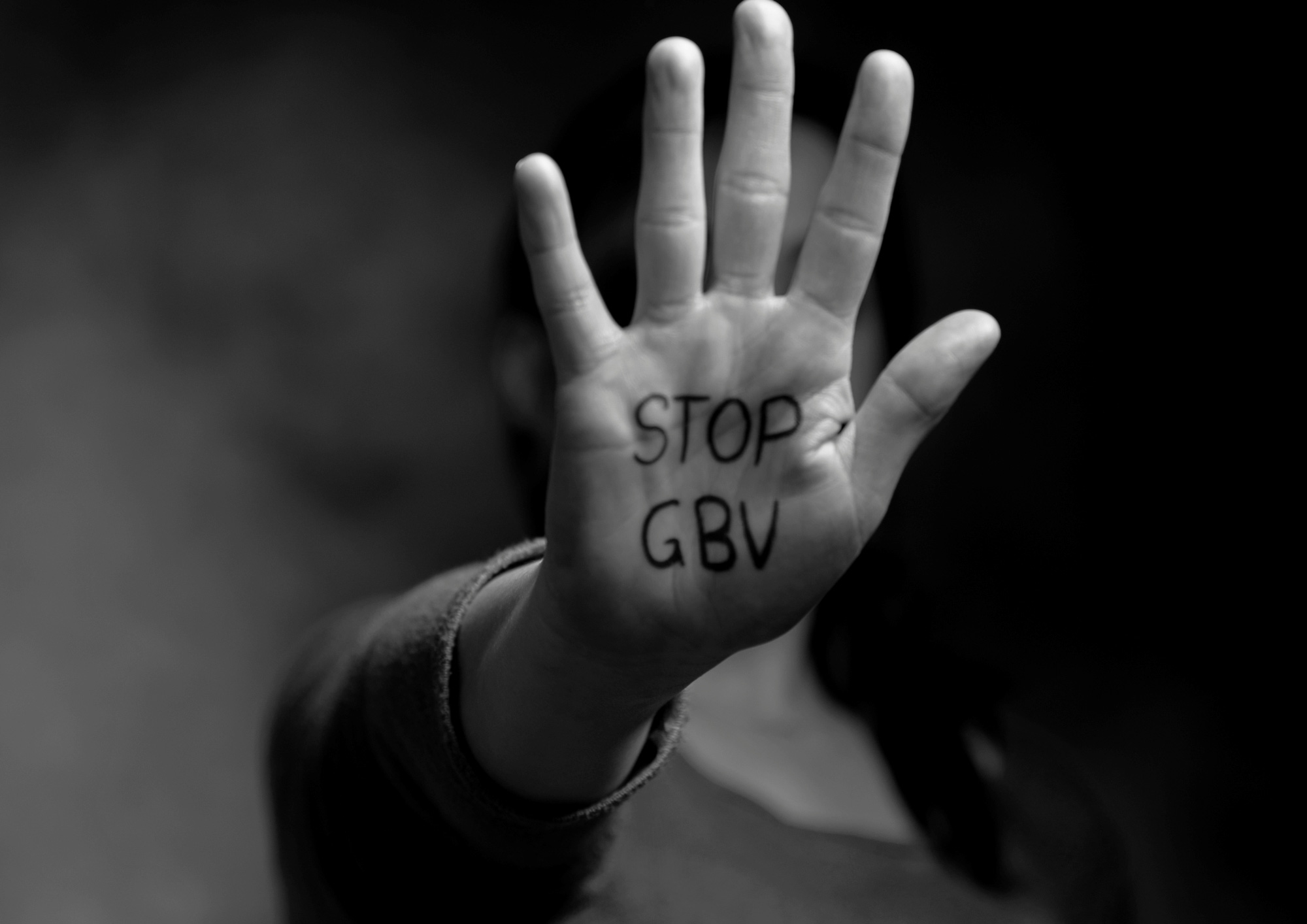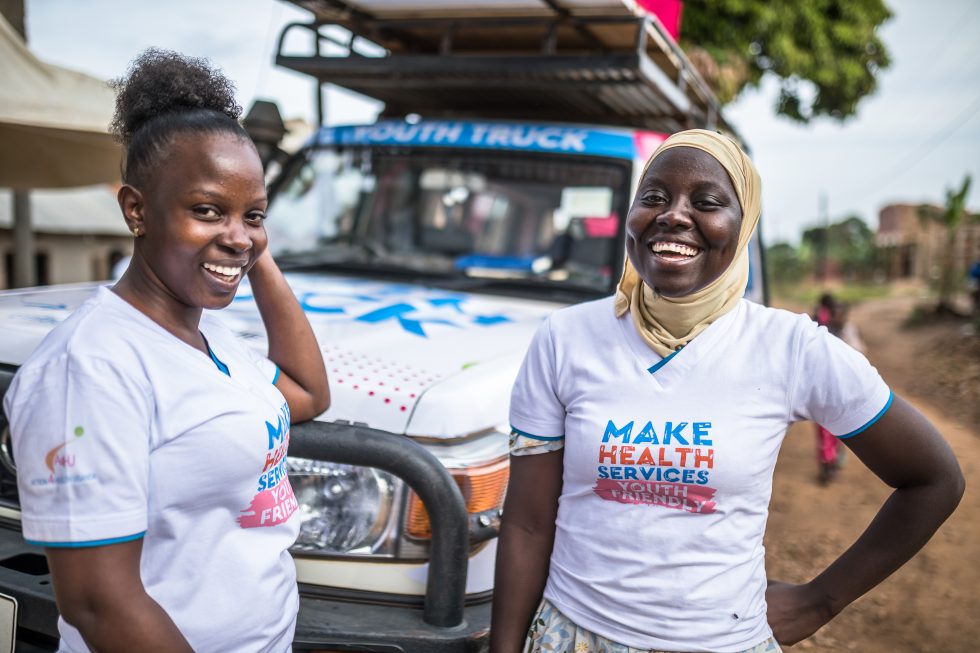

Investing in GBV Prevention Makes Economic Sense
Gender-based violence (GBV) is a perverse problem across the world. In Kenya, the 2022 Demographic and Health Survey reports that 34% and 13% of girls and women and 27% and 7% of boys and men aged 15-49 have experienced physical and sexual violence respectively since age 15.
Not only does GBV undermine the health, dignity, security and autonomy of its victims, but it also impacts household and national economic development.
A National Gender and Equality Commission (NGEC) report titled, Gender-based Violence in Kenya: The Economic Burden on Survivors, 2016, highlights the average cost of GBV to a survivor, with medical-related expenses taking up a majority of the cost at KSh 16,464, followed by the cost of reporting the incident to police at KSh3,756 and reporting to the chief and community structures at Ksh 3,111. The cost of Loss of productivity from serious injuries and premature death is estimated at KSh 223,476 and KSh 5,840,664 respectively.
The report further estimates that annual out-of-pocket medical-related expenses cost KSh 10 billion, and productivity losses from serious and minor injuries cost KSh 25 billion and KSh 8 billion respectively. This means the country loses about KSh 46 billion, translating to 1.1 per cent of the country’s gross domestic product.
GBV also drains the household economy through associated hidden costs such as transport to health clinics or accessing legal support. These substantial costs disproportionately affect women and girls, exposing them to further vulnerabilities, which then places them at risk of GBV. A vicious cycle that needs to be broken.
The impact is even far and wide, especially since women play a key role in the household. For example, where women are responsible for food provision, GBV impacts their ability to fulfil this role, which in turn directly reduces food production. Same is the case when women are absent from work and their lower wages impact income available for consumption.
In other cases, money meant for other needs such as education is diverted to addressing the effects of GBV. Oftentimes, GBV hampers access to education when household resources are diverted to seek redress for violence or by directly causing school dropouts for girls due to pregnancies resulting from sexual violence. In both instances, young girls and women suffer life-long disadvantages due to the denial of their right to education.
Without resources, women and girl’s ability to leave an abusive situation becomes harder. This exposes them to more risk of violence, which may include sexual violence and reproductive coercion, where they are pressured into making or denied the ability to make decisions about their reproductive health.
Survivors of GBV may suffer even further because of the stigma associated with this type of violence. Some of them are ostracized by family and/or community, placing them at greater risk for exploitation and violence, thus endangering their lives,
The consequence of such a status quo is that women and girls exist as second-class citizens, whose rights are continuously violated, and bodily autonomy ignored.
It is critical that as we mark the 16 days of activism against gender-based violence under the theme, Unite; Invest to prevent Violence against women and girls, we urgently accelerate efforts to end GBV.
It is our collective responsibility to ensure that 50 per cent of the population is not left behind in our country’s development and growth. Without addressing GBV, we will be lagging in the achievement of critical milestones including the sustainable development goals, especially Goal 5 on gender equality and empowerment of women and girls. The country will also be going against its promises, including the International Conference on Population and Development (ICPD+25) commitment to ending all forms of GBV by 2030, and commitment to increasing budgetary allocation for GBV prevention and response under Generation Equality Forum.
To show our commitment to the spirit of ‘leaving no one behind,’ the implementation of GBV interventions must become a national priority for Kenya. We must address the complex and interconnected issues related to GBV through a multi-pronged approach, involving collaboration and coordination among various sectors, organizations, stakeholders and communities including the survivors of GBV. This way, we will be able to create a safer, more equal and prosperous world, where people, especially women and girls, are free from violence.
This article was written by Ms Evelyn Samba, Kenya country director at DSW, and was first published by the Daily Nation on Dec 1, 2023.



Comments